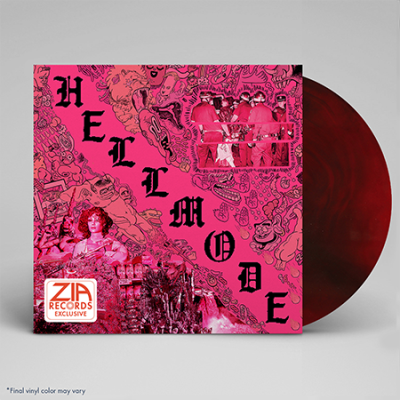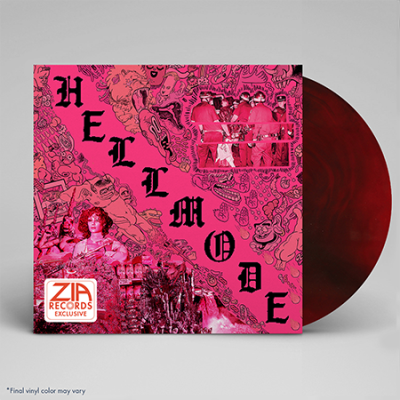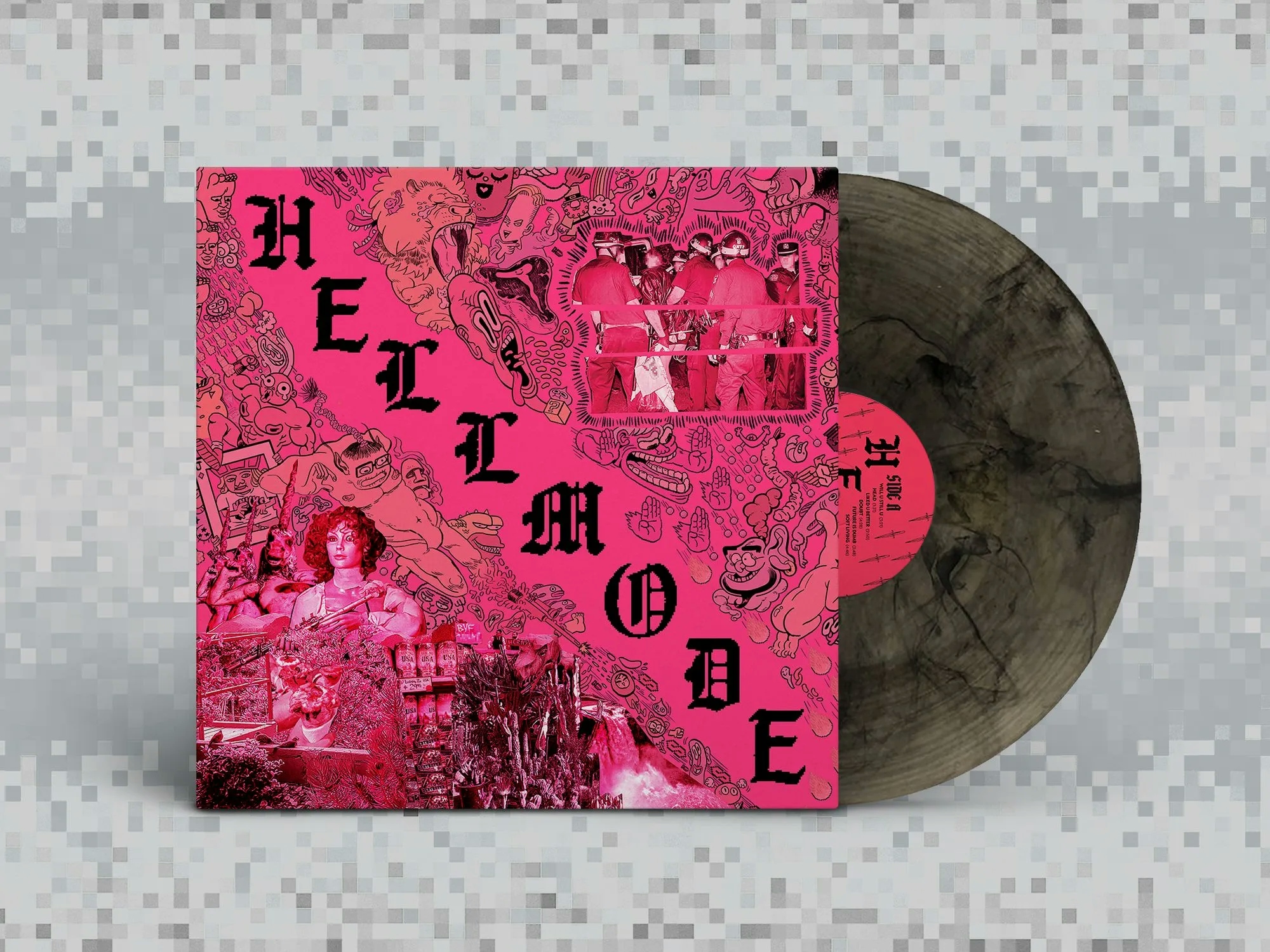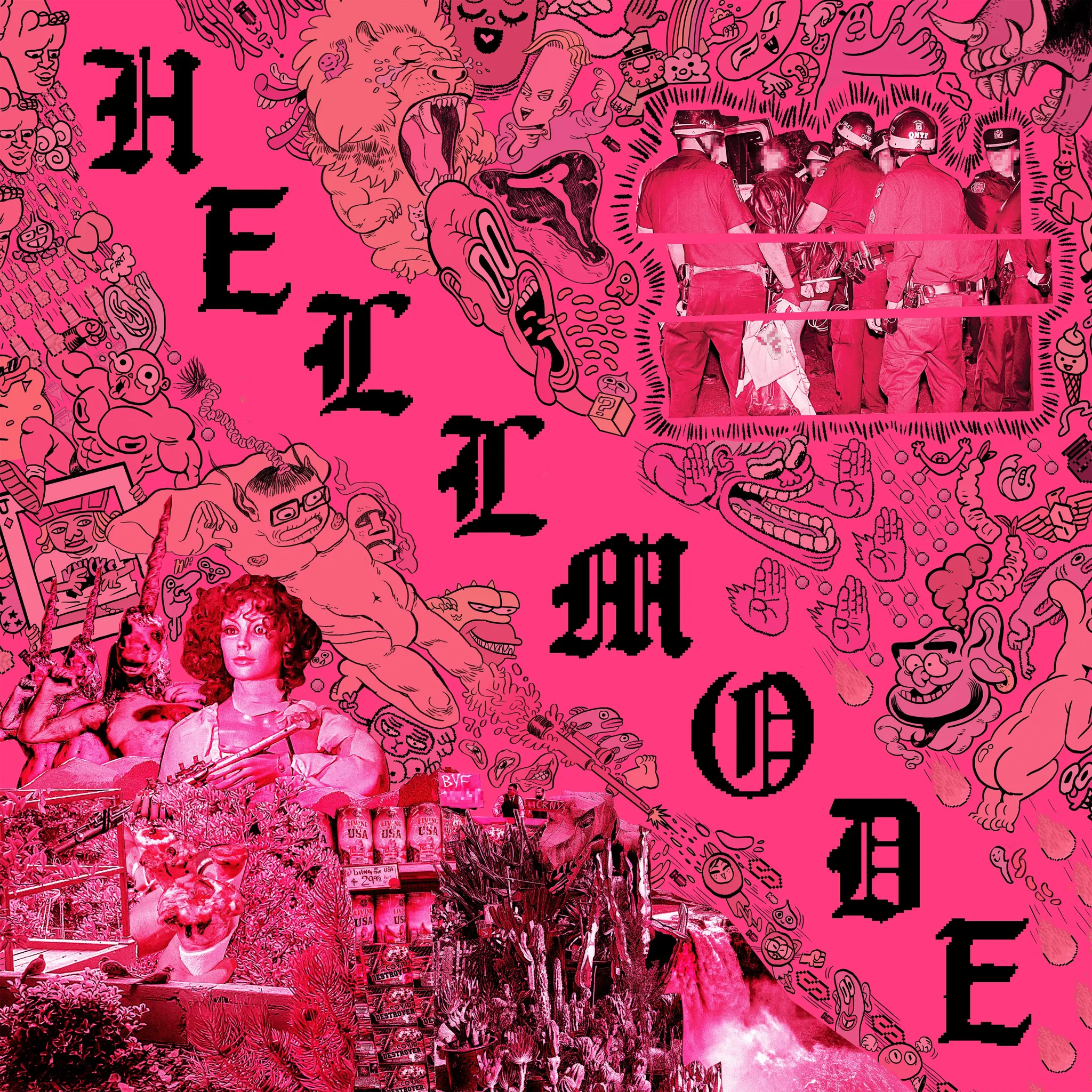avecigrec
Well-Known Member


Feel The Wind (LITA EXCLUSIVE)
Welcome to ‘Feel The Wind’…maybe one of the greatest team-ups in Jazz history featuring jazz superstars Art Blakey and Freddie Hubbard! Art Blakey (1919–1990) needs little introduction, the American Jazz drummer and bandleader made a name for himself in the 1940s & 1950s plalightintheattic.net
This looks like a 90s New Age record...














